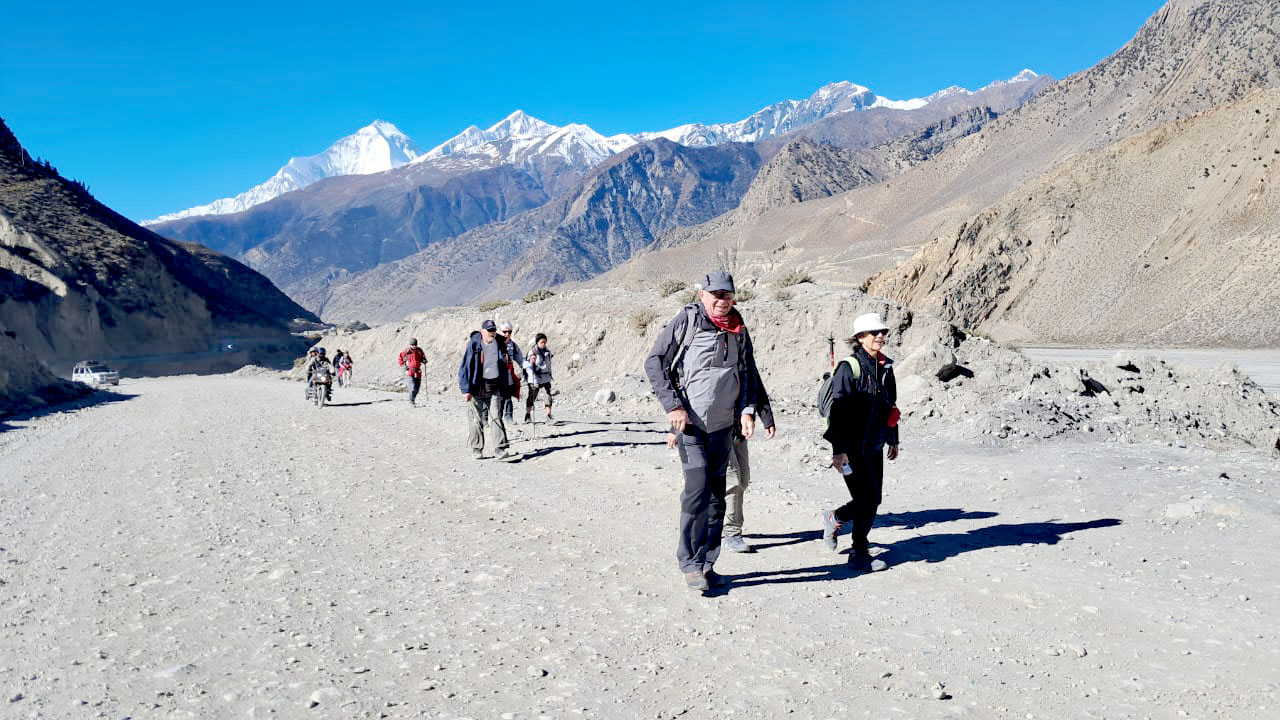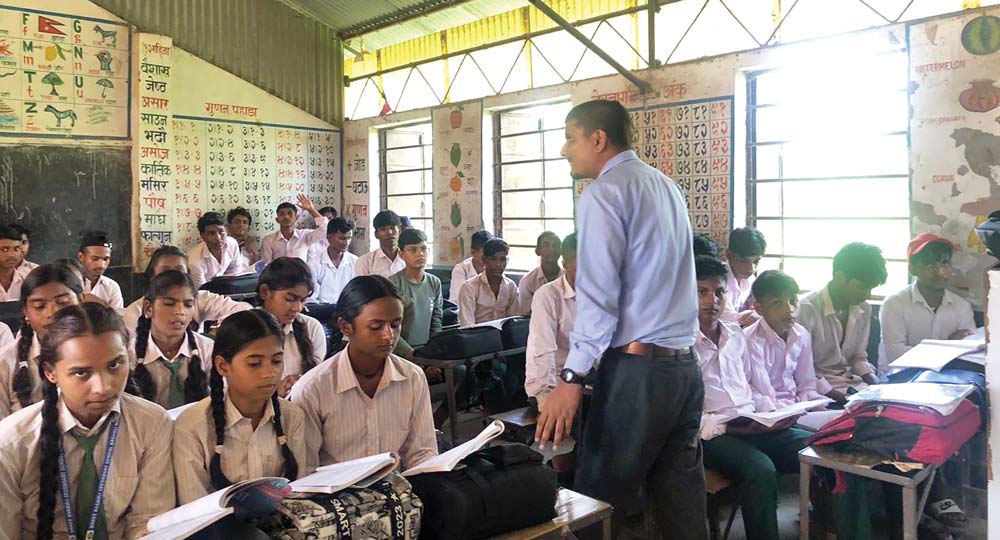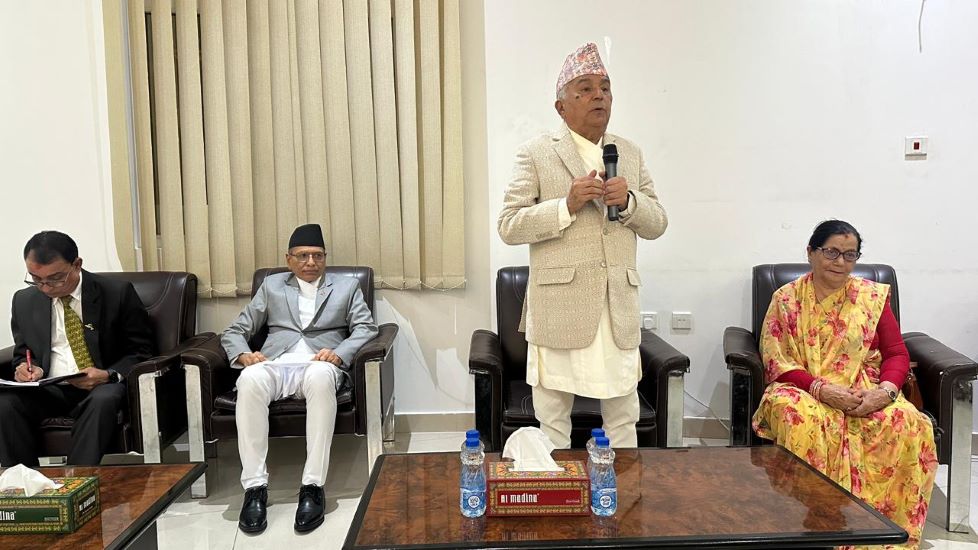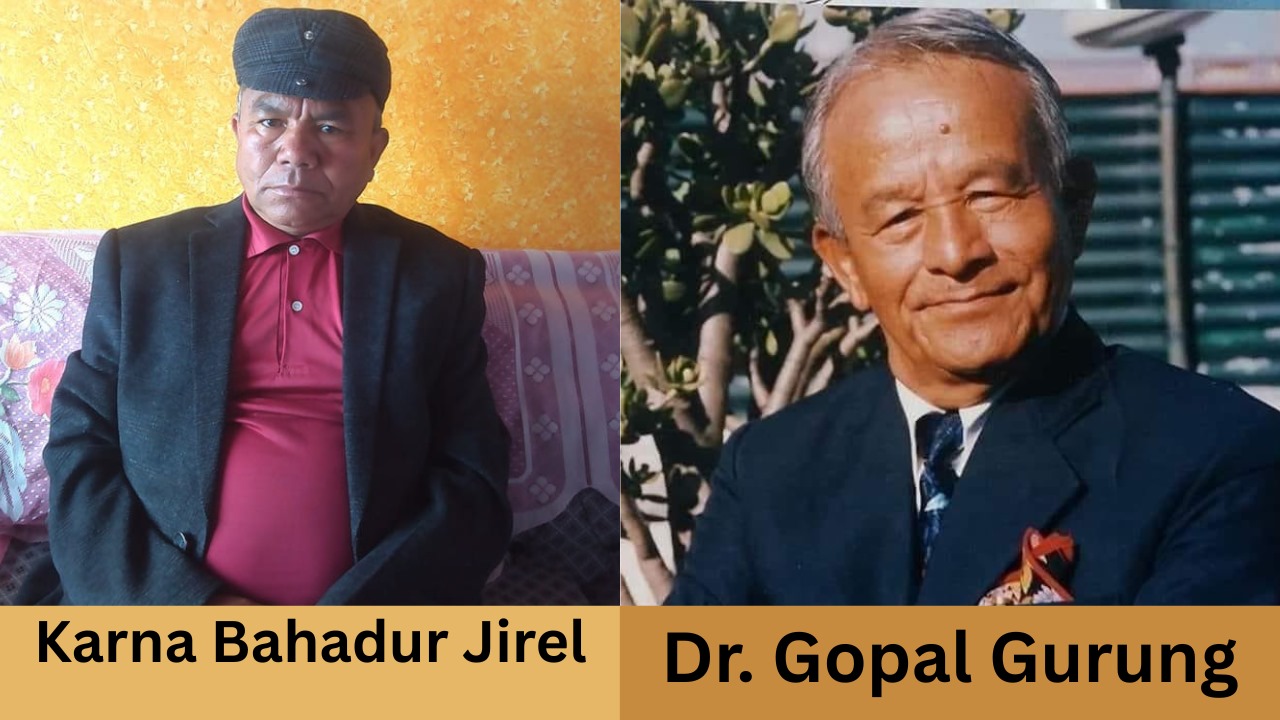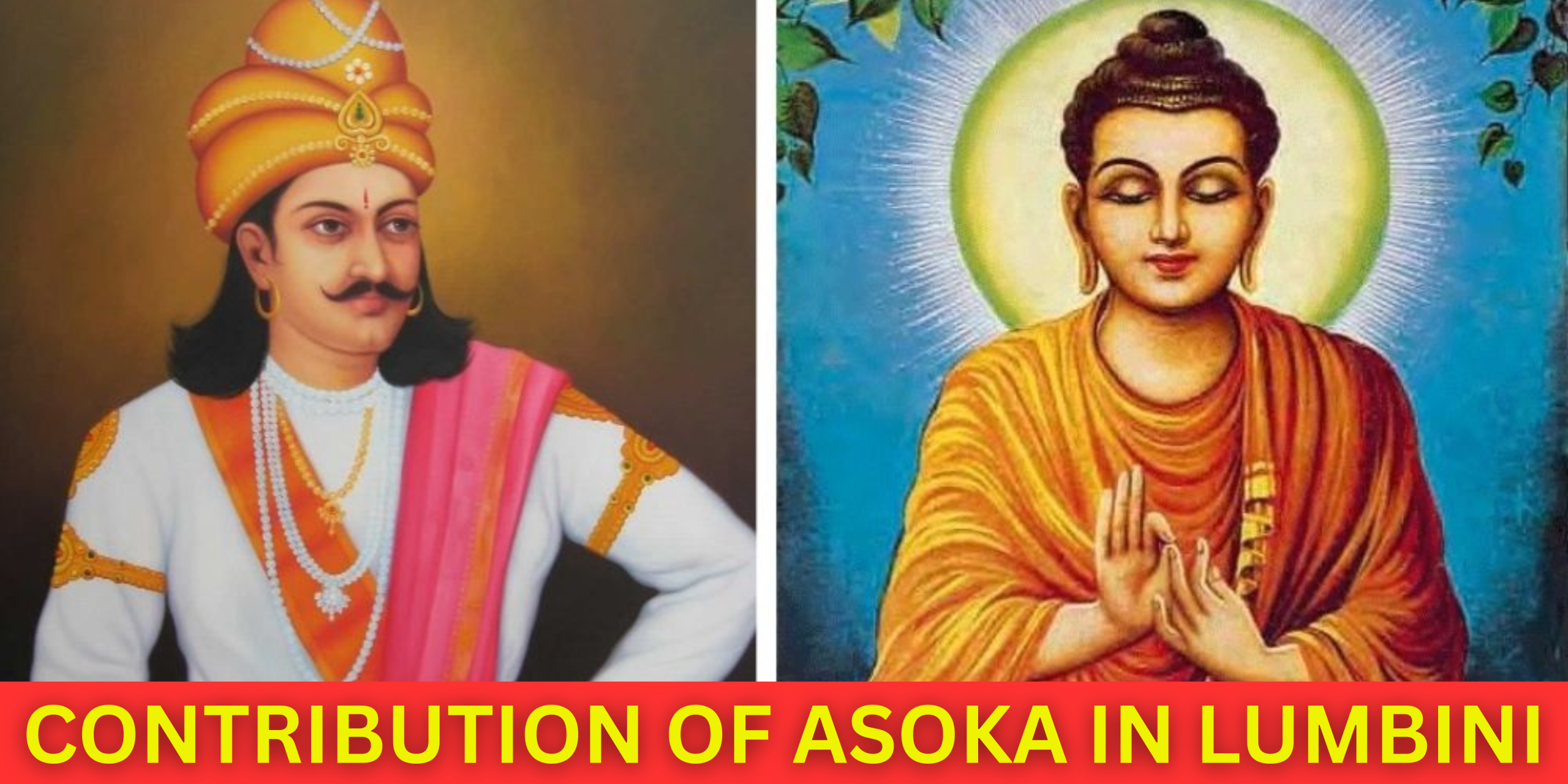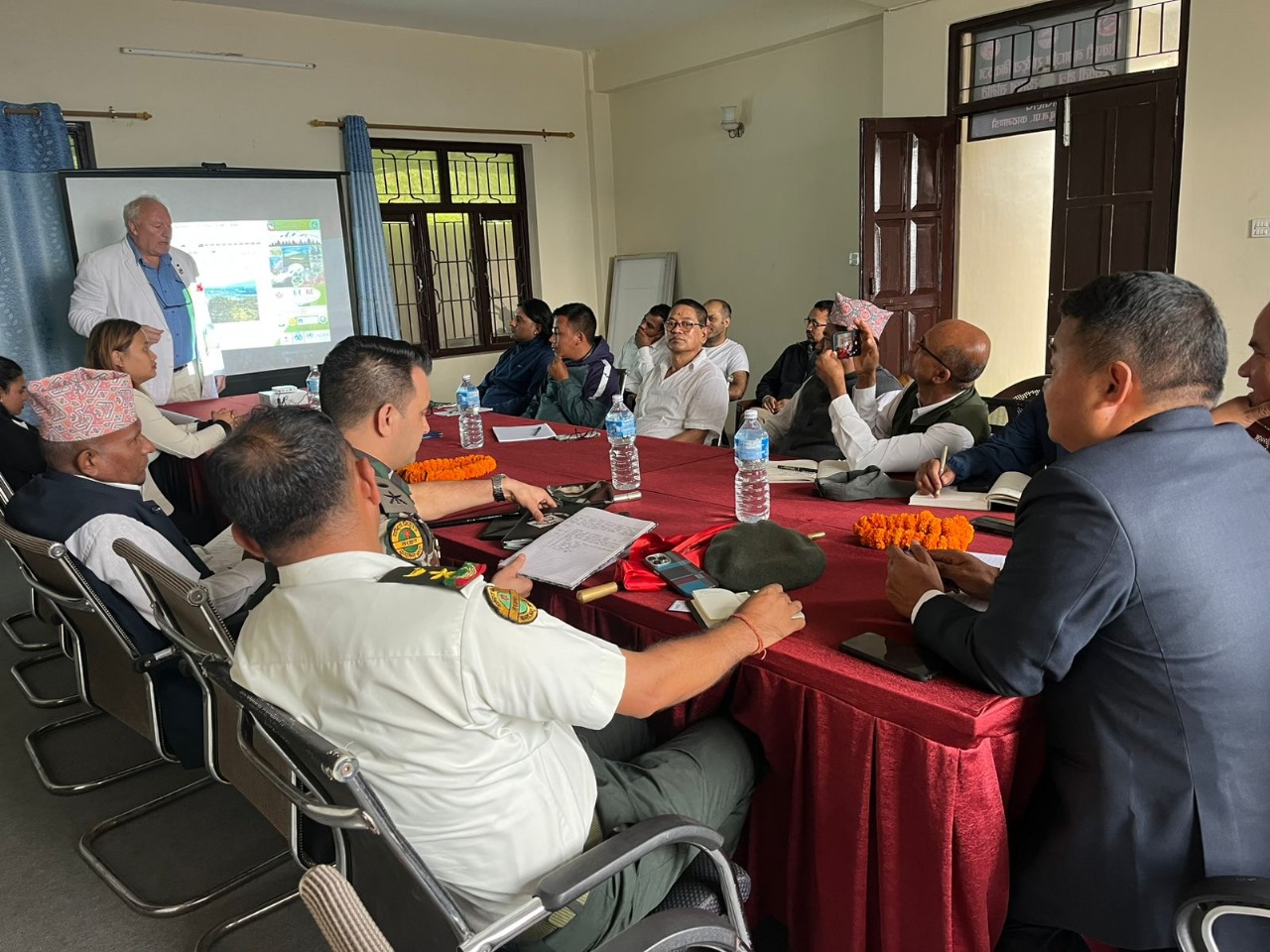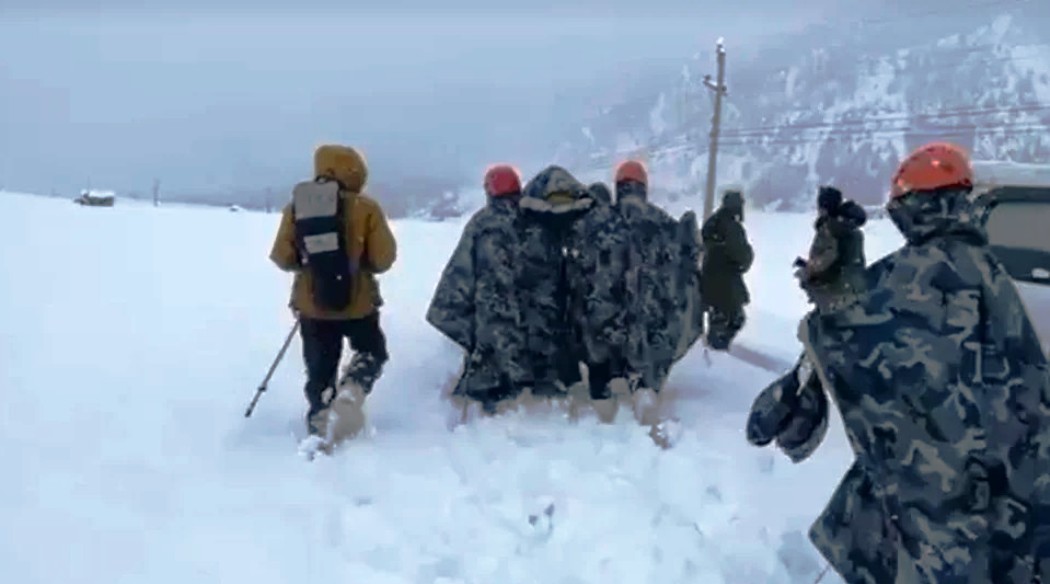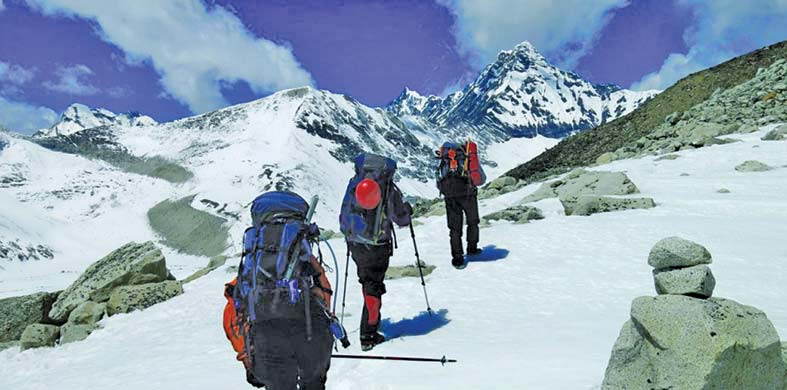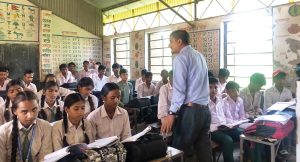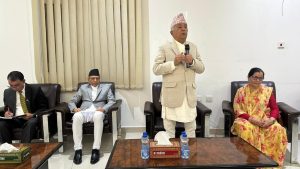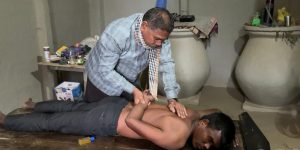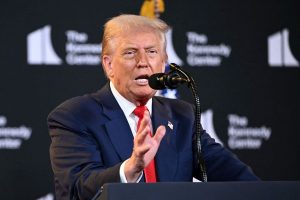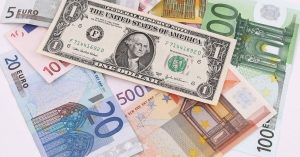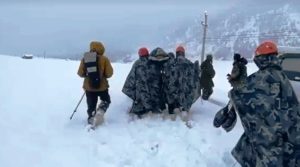Kathmandu, 19 Sep: The protests that occurred on the 23rd and 24th of Bhadau(8 and 9 Sep) have significantly impacted the tourism sector. According to tourism entrepreneurs, the protests have not only caused physical damage but have also sent a message of uncertainty about Nepal’s tourism market at the international level. This has resulted in a decrease in tourist arrivals.
September, October, and November are considered the tourist season in Nepal. During this time, many more tourists visit compared to other times of the year. Statistics show that over one hundred thousand foreign tourists typically enter during these months for activities like mountain climbing, trekking, and religious pilgrimages. However, this season, arrivals have decreased.
In the past, three to four thousand tourists would visit daily, but that number has now dropped to around thirteen hundred. Furthermore, tourists who had already made bookings have also started canceling them rapidly. According to the Tourism Board, 15 percent of bookings made for this season have already been canceled.
‘Looking at the situation before the protests and now, arrivals have decreased by 40 percent,’ said CEO of the Board, Deepak Raj Joshi. ‘The remaining tourists are also putting their bookings on hold and getting updates from the private sector about the situation here.’
Tourism Board Launches Campaign to Counter Negative Image
While it is true that many tourists who arrived before the protests are now visiting various destinations within the country, and a British tourist, Harry Jackson, has given the message that there is no obstruction for tourists, the CEO Joshi states that this crisis has seen an increase in vandalism and looting compared to previous ones, creating an atmosphere of fear for tourists. Nevertheless, since the protests began, the Board had been providing a service to transport tourists from the airport to various hotels via tourist buses.
Even during the protests, we transported many tourists to and from hotels and the airport via bus,’ said CEO Joshi. ‘There were no obstructions then either. Therefore, there is no problem with tourist transportation.’
However, he emphasizes that it is necessary to send a positive message at the international level that Nepal is safe for travel. If this information can be disseminated, tourism can be revived in a short time. For this, the Board is working on coordination and information flow in cooperation with related bodies.
The Board has already launched a campaign called ‘Nepal Now’. Through this campaign, the daily situation in Nepal is shown. He informed that the Board is also sending such video messages internationally through its official Facebook page. The Board has also started creating videos by conversing with tourists currently traveling in Nepal.
Additionally, he stated that positive information is being disseminated through international tourism-associated organizations like PATA, UN Tourism, and the World Travel & Tourism Council (WTTC).
Private Sector Ready to Collaborate for Recovery
Although the protests sent a negative message internationally, the private sector is ready to cooperate to improve this image and promote tourism. President of NATA (Nepal Association of Tour and Travel Agents), Kumar Mani Thapaliya, stated that we must move forward with collective unity for tourism promotion.
President of the Hotel Association Nepal (HAN), Binayak Shah, informs that all hotels and restaurants are currently fully operational to welcome tourists. According to him, there is uncertainty among tourists about traveling to Nepal now. He stated that it is necessary to send the message that Nepal is safe. ‘The hotels that have been damaged will be rebuilt,’ he said. ‘The hotels that were not damaged are now waiting for guests.’


